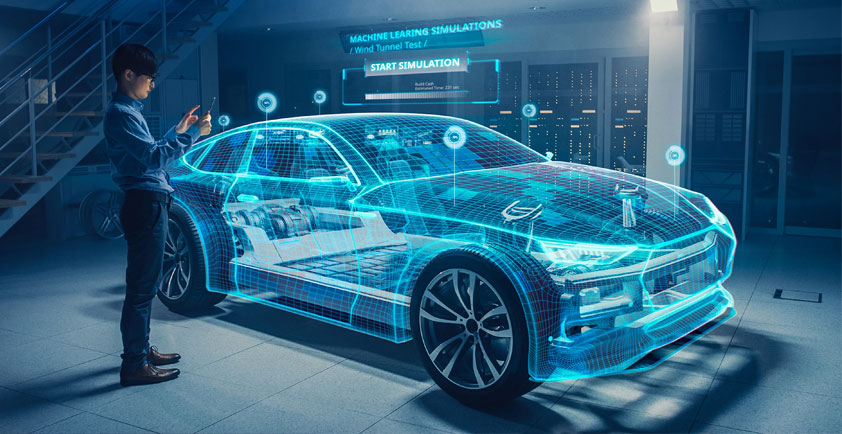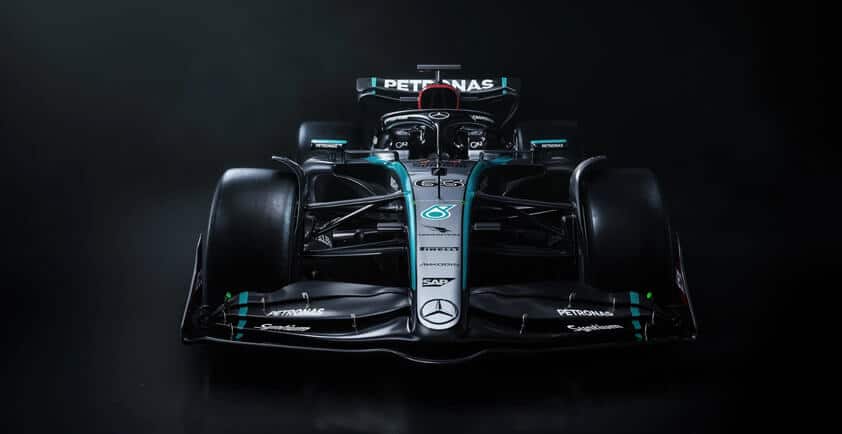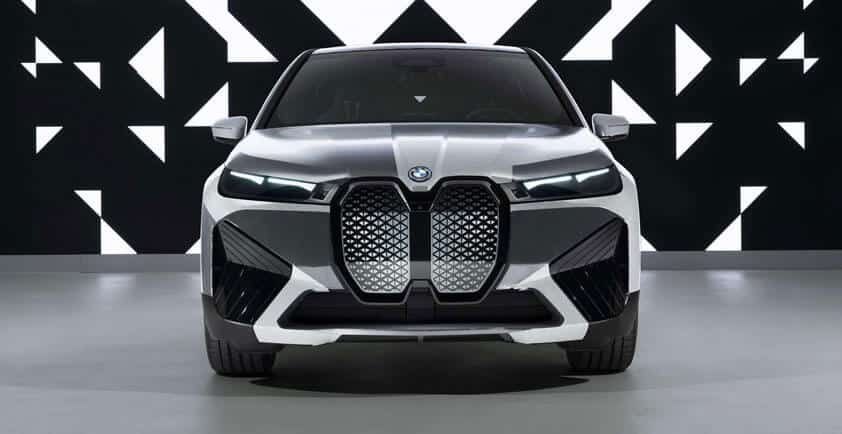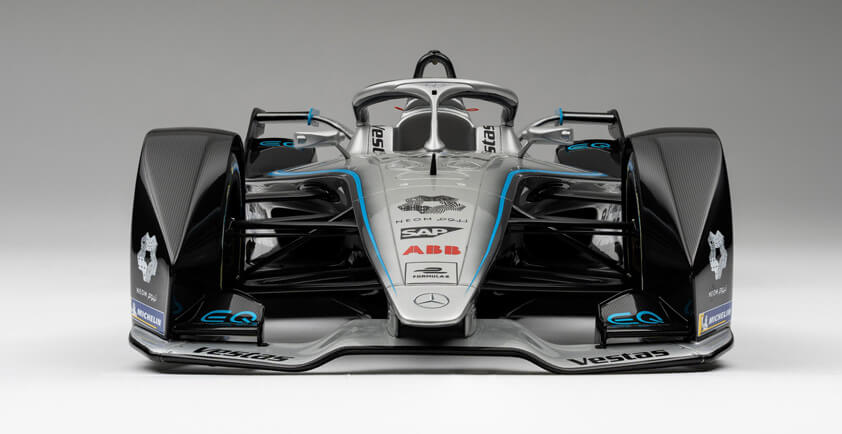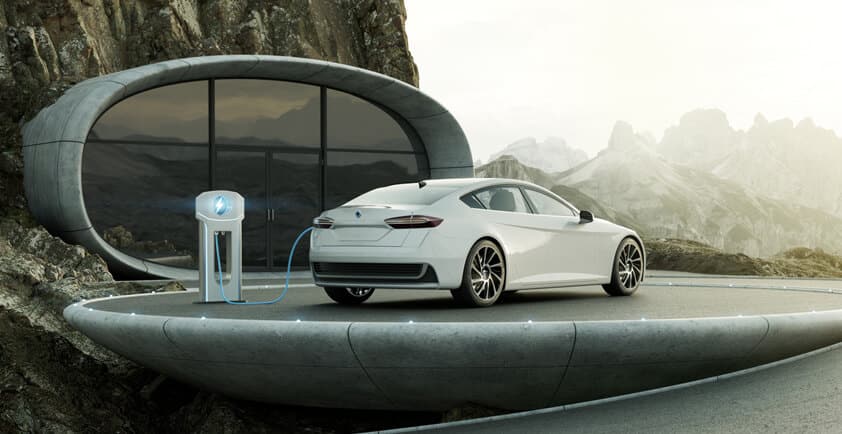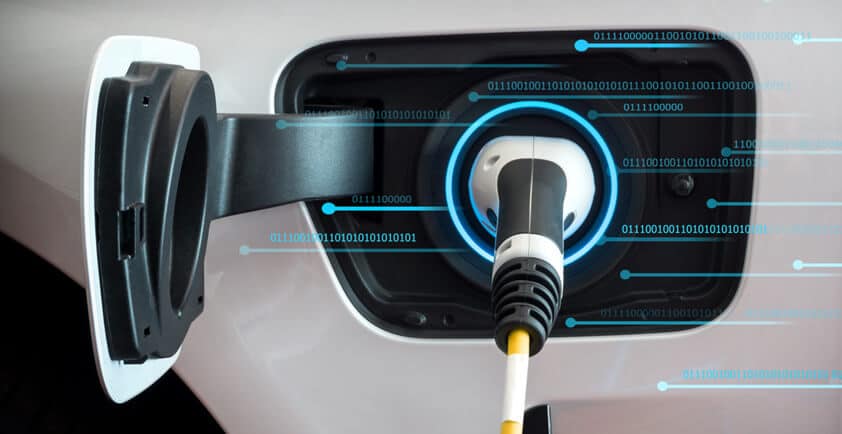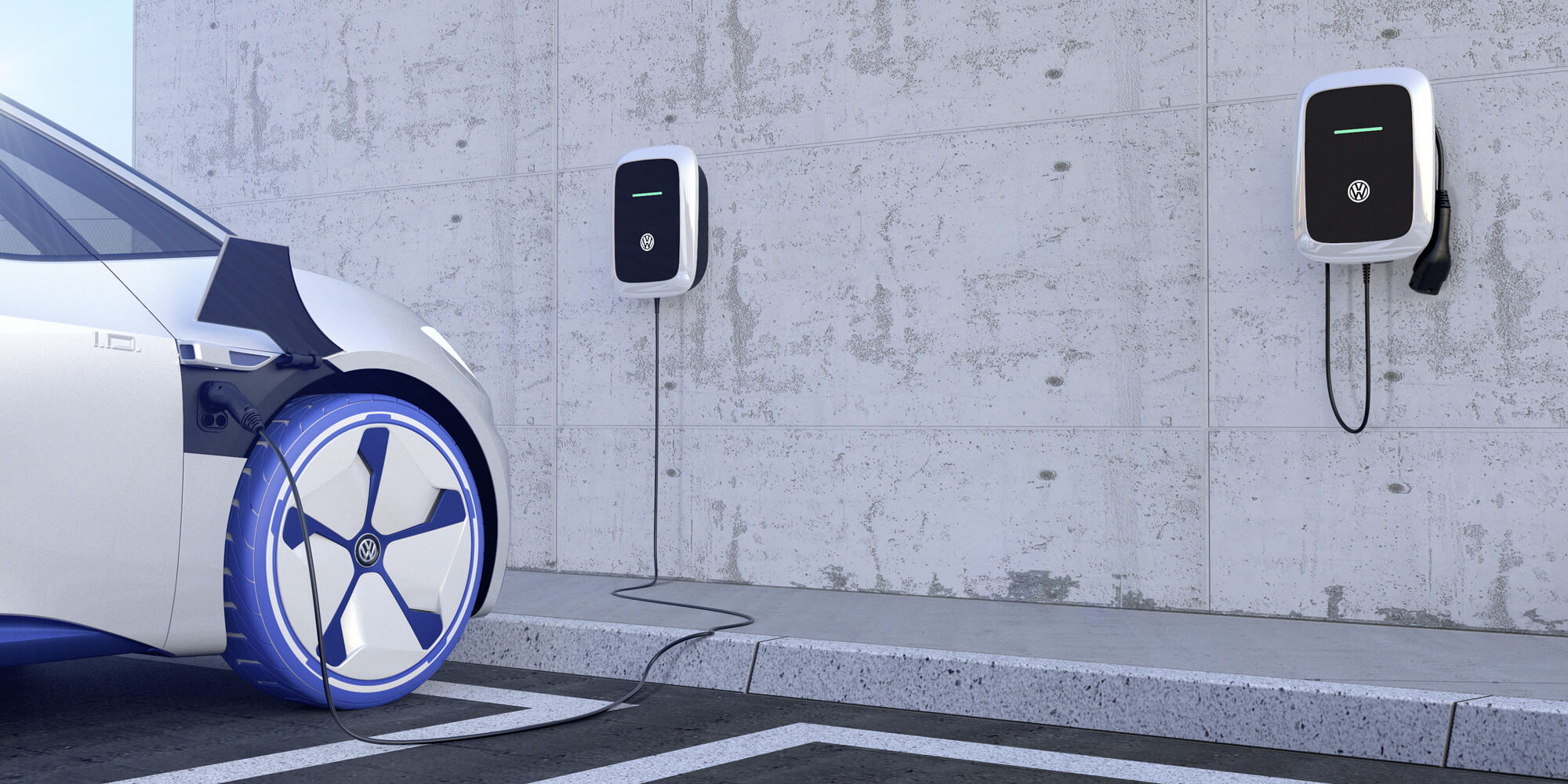
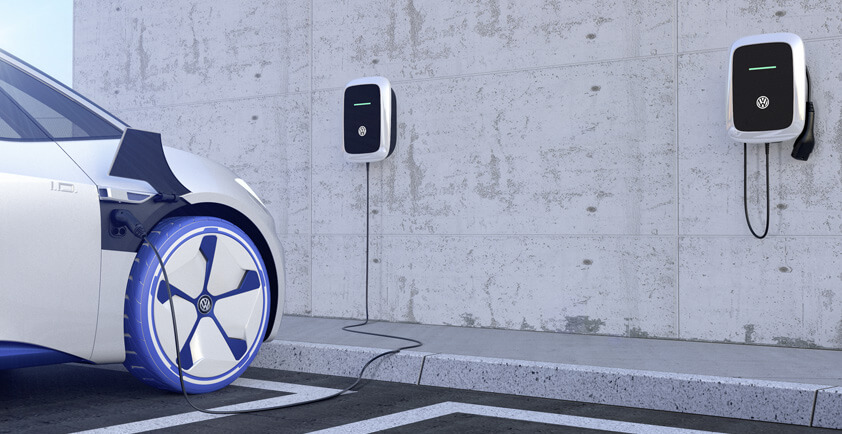
EVS GO MAINSTREAM: PLUG INTO THE SUSTAINABLE ENERGY OF E-MOBILITY
The push for electric vehicles (EVs) may have shifted into overdrive, but it is going to take a serious overhaul of the entire transportation ecosystem to build a profitable and sustainable e-mobility business model.
Having sufficient charging stations is just the tip of the iceberg. The transportation network is facing a major reboot, forcing automobile original equipment manufacturer (OEMs), utilities, corporations, regulators, and retailers to collaborate for innovation as never before.
Networks Power E-Mobility Innovation
Compared to gas-powered cars, EVs and the services around them are far more interconnected. This demands a new kind of collaboration across the e-mobility value chain from corporate fleets, regulators, and smart cities to service providers and consumers.
"The e-mobility network consists of multiple players from different industries and sectors with intertwined supply chains," said Ulrich Scholl, vice president of E-Mobility at SAP. "To operate with flexibility and cost-efficiency they need to collaborate across stable, cloud-based industry networks that foster sustainable innovation around standardized processes, including invoicing and billing, as well as overall e-mobility management among partners."
EVs Spark New Business Models
As sustainability mandates and promises grow, one central question is how to make EV battery recharging as easy and convenient as refilling a gas tank. Utilities are drawn to bi-directional charging that simultaneously recharges EVs while adding the battery’s stored energy back into the electrical power grid. This turns drivers into energy producers and cars into mobile power storage. Retailers are starting to monetize their solar panel energy, offering consumers free car charging while they shop, increasing customer loyalty. Meantime, corporate fleet managers are taking action by increasing EV and charging infrastructure investments that support company sustainability commitments.
For example, Hanno Klausmeier, managing director of SAP Labs France, received a Fleet Manager of the Year award for leading the electrification of the company’s fleet of cars for hundreds of employees located across three sites.
Converting to EVs has been a seven-year journey at SAP, grounded in the company’s global commitment to sustainability, as well as the initial battery limitations of early EVs. After eliminating gas-fueled vehicles as a choice for employees several years ago, over 90% of the cars in the company’s fleet in SAP Labs France are now EVs. Convenient access to charging stations along with new fleet management operations were critical to the successful roll-out.
"We knew that employees would need more stations to charge their cars so we installed super-fast charging stations conveniently located across our facilities," Klausmeier said. "We revamped fleet management to make sure we could supervise and optimize charging stations for uninterrupted operations. Connecting the e-mobility ecosystem on one transparent platform is the only way for organizations to keep pace with the rapidly-changing industry."
Indeed, SAP Labs France developed new software to remotely manage the status of its charging stations, installing it on-site and at employee’s homes. Now available publicly, the solution helps corporate car fleet operations manage relationships with fleet management service companies, OEMs, and other suppliers that are involved with charging stations. Managers have real-time visibility into e-fleet charging station status and can quickly solve problems remotely for an easier experience.
Market Fragmentation Gives Way to Network Convergence
Entirely new competitors are emerging with EVs, including "roaming" providers, which help consumers locate reliable charging stations and pay for the electricity as validated users. This is likely a temporary stop gap because it is unnecessarily complex and more costly for drivers.
"We need to shorten the e-mobility value chain for cost efficiencies to charge point operators and an improved experience for customers," said Scholl. "There’s no need to have another layer between energy providers and customers. With an open mobility platform, the whole ecosystem has the ability to build relationships for service convenience and affordable innovation, especially incorporating the use of renewable energy that’s produced locally and stored in EVs."
Transforming the Transportation Sector
Just like the iPhone disrupted the cellphone industry, e-mobility redefines the purpose of a vehicle. Already some manufacturers tout EVs as self-powered RVs. Even bigger are the implications for large-scale innovations, such as vehicles that are able to provide uninterrupted power for tools at remote construction sites.
Similarly, transformations could be in store for energy retailers if OEMs bypass them to become energy providers themselves. On the corporate side, shared EVs could be part of an organization’s mobility budget for employees to spend as they see fit.
EVs’ star is rising as sustainability nears the top of many consumer, corporate, and government priority lists. Over 80% of automobile manufacturers have committed to electrifying their lineup in the near future, and some plan to go all electric within the decade. Modernizing the transportation industry means rethinking mobility as concept to make sure EVs pay off on the sustainable promise.
Author - Susan Galer
